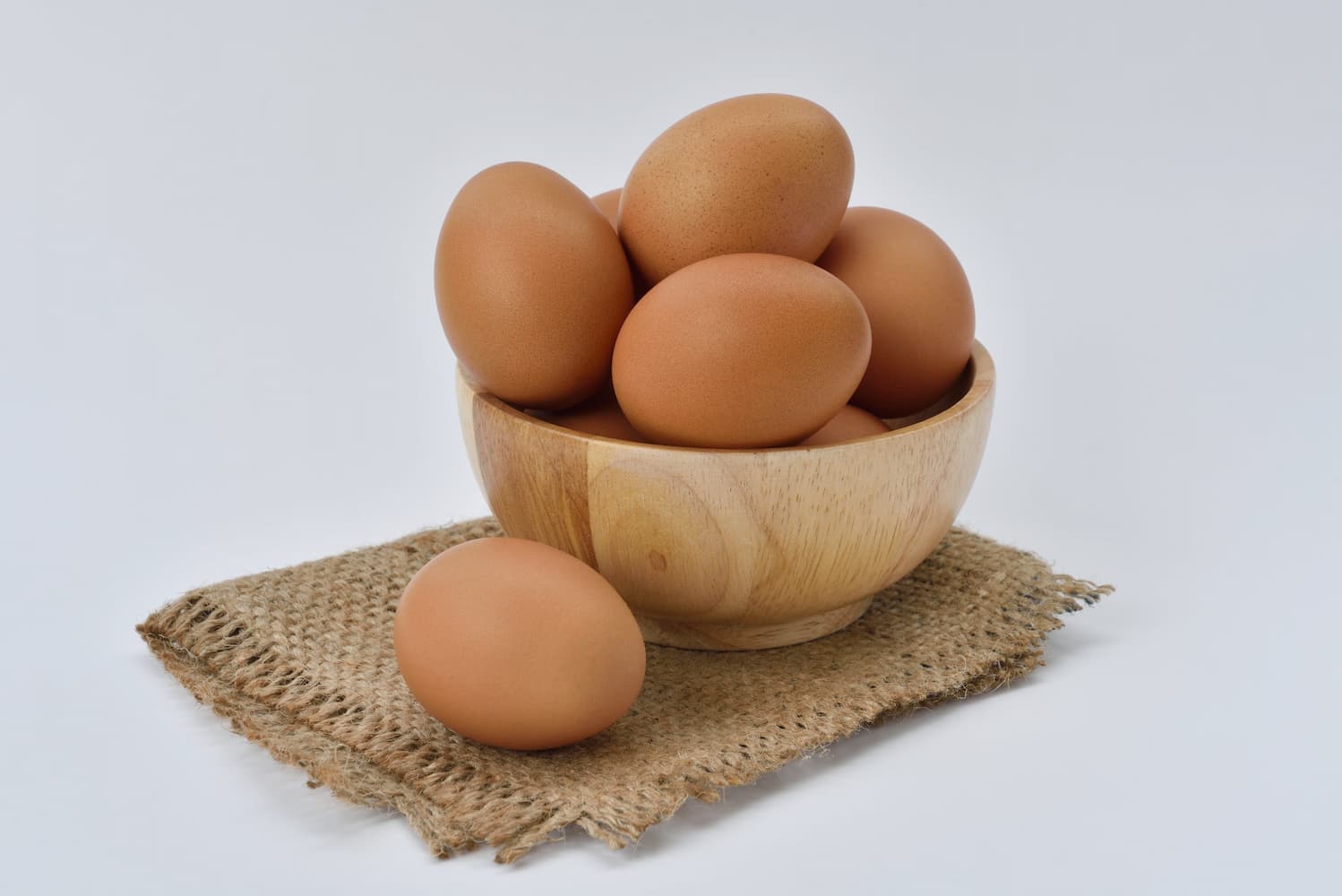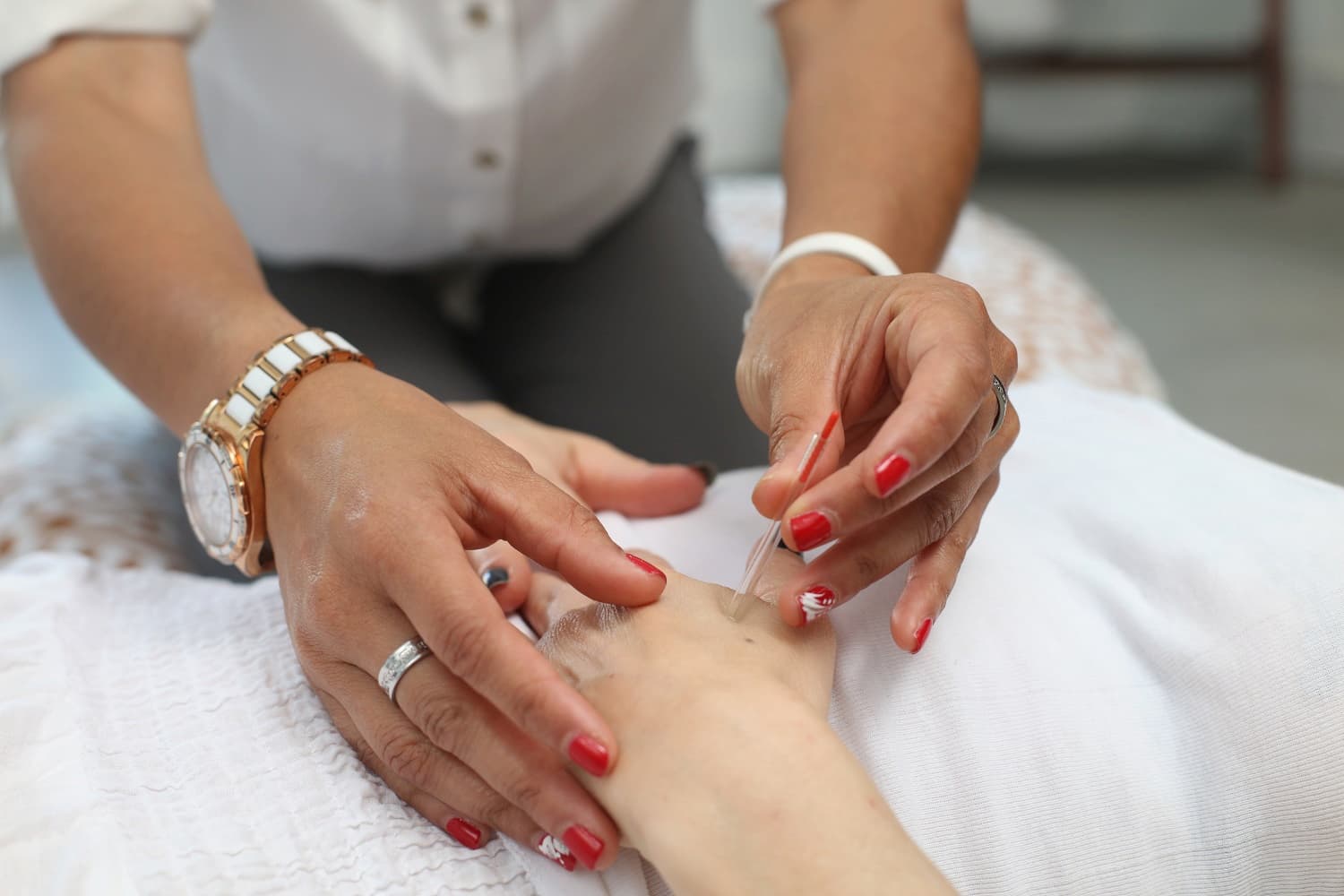
Rheumatoid arthritis is an autoimmune disease that many people suffer from. Conventional medicine is not the only way to successfully manage the condition – there are several natural therapies that can help. Read on to learn more.
Symptoms of rheumatoid arthritis include:
- Pain and swelling of the joints
- Aching or stiffness of the joints, especially after sleep or rest
- Loss of motion in the affected joints
- Decreased strength in the muscles attached to the affected joints
- Fatigue
- Low-grade fever
- Joint deformity over time
- Small lumps, called rheumatoid nodules, which form under the skin
It is interesting to note that rheumatoid arthritis almost always follows a symmetrical pattern, meaning that the same joints on opposite sides of the body are affected. This is important as it helps to distinguish the condition from other forms of arthritis.
Nutrition and Dietary Supplements for Rheumatoid Arthritis
Generally speaking, it is important for patients with rheumatoid arthritis to eat a nutritious, balanced diet with plenty of whole foods that are rich in B vitamins, vitamin E, zinc and selenium. It may help to switch from a typical Western diet that is high in animal proteins and simple sugars to a diet that contains lots of berries, fruits, vegetables, nuts, roots, seeds, and sprouts.
An elimination diet, which involves the exclusion of certain foods suspected to cause adverse reactions, can help identify any potential food allergies, as food allergies aggravate and suppress the body's immune system. Elimination diets take certain foods out of the diet and reintroduce them one at a time. While they are useful, elimination diets should only be carried out under the guidance of a medical professional.
Eating nutrient-dense food and taking the appropriate dietary supplement will help you meet your body's nutritional needs while preventing weight gain. The following supplements may be helpful for you:
 Bromelain is found in pineapples and is a mixture of enzymes with anti-inflammatory properties. It can help to relieve the pain associated with rheumatoid arthritis.
Bromelain is found in pineapples and is a mixture of enzymes with anti-inflammatory properties. It can help to relieve the pain associated with rheumatoid arthritis.- Copper can reduce the development and progression of arthritis.
- Manganese supplementation is thought to increase MnSOD activity. People with rheumatoid arthritis tend to have low levels of MnSOD, an antioxidant that helps to protect the joints from damage during inflammation.
- Omega-3 fatty acids reduce inflammation and help prevent arthritis symptoms. They decrease tenderness in joints, reduce morning stiffness, and reduce the amount of painkillers and nonsteroidal anti-inflammatory drugs that people with arthritis have to take. Salmon, mackerel and other fatty fish are good sources of these healthy fats, and so are fish oil supplements. Walnuts, chia seeds, pumpkin seeds and fortified juices are also high in omega-3 fatty acids.
 Omega-6 fatty acids, like gamma-linolenic acid (GLA), may diminish joint pain, swelling and morning stiffness as they contain anti-inflammatory and immunoregulatory properties. When consumed, GLA is converted into another fatty acid called dihomo-gamma-linolenic acid (DGLA), which reduces symptoms of inflammatory conditions such as arthritis. Small amounts of GLA can help relieve painful joints and lower blood pressure. Evening primrose and borage seed oils contain GLA.
Omega-6 fatty acids, like gamma-linolenic acid (GLA), may diminish joint pain, swelling and morning stiffness as they contain anti-inflammatory and immunoregulatory properties. When consumed, GLA is converted into another fatty acid called dihomo-gamma-linolenic acid (DGLA), which reduces symptoms of inflammatory conditions such as arthritis. Small amounts of GLA can help relieve painful joints and lower blood pressure. Evening primrose and borage seed oils contain GLA.- Quercetin is a flavonoid and antioxidant that is found in many fruits, berries, and vegetables. It has anti-inflammatory properties, making it an effective treatment for inflamed joints.
- Selenium is an essential mineral and antioxidant that prevents cell damage. Low levels of selenium in the blood may be associated with an increased risk of rheumatoid arthritis.
- Sulfur baths can improve strength, decrease morning stiffness, reduce inflammation and swelling, and diminish pain.
- Vitamin D is necessary to maintain healthy cartilage and prevent thinning of bones. Foods that have high vitamin D content include cereals, yoghurt, egg yolks, fatty fish and orange juice.
Herbal Medicine and Rheumatoid Arthritis
The anti-inflammatory effects of several types of herbs make them an ideal treatment for rheumatoid arthritis or any form of inflammatory arthritis for that matter. Because it's an autoimmune condition, rheumatoid arthritis is best treated with herbs containing anti-inflammatory properties combined with the prescribed medical treatment. Herbal supplements can be taken in the form of pills or capsules, teas, tinctures, or applied topically in the form of creams or gels.
Common types of herbs that have been traditionally used in the treatment of rheumatoid arthritis include:
The herbalist may recommend that you take a single herb or a combination of herbs depending on your symptoms. No matter what herbs you take, it is important that you work closely with an herbalist to ensure that the herbs are both safe and effective. Other herbs that may be helpful in alleviating arthritis pain include:
- Black Cohosh – helps to reduce inflammation
- Capsaicin – applied topically, this herbal supplement is believed to deplete stores of substance P, a chemical that contributes to the pain and inflammation associated with arthritis.
- Cat's claw – can reduce joint pain and swelling and other rheumatoid arthritis symptoms. A clinical study of patients with active rheumatoid arthritis who have been administered the herbal extract showed a reduction of painful and swollen joint tissue.
- Devil's claw – appears to decrease pain, improve joint function and reduce the amount of medication needed.
- Feverfew – is an ancient herbal remedy that contains parthenolide, a compound that has anti-inflammatory and pain-relieving properties.
- Ginger – has long been used in traditional medicine to decrease inflammation.
- Willow bark – can decrease pain and reduce inflammation.
Acupuncture and Rheumatoid Arthritis

People with rheumatoid arthritis are treated for their individual excesses and deficiencies of qi located in the various meridians. Qi deficiency is usually located in the kidney and/or spleen meridians. Moxibustion may be used to strengthen the whole energy system. Localised acupuncture to the painful areas and related points may be utilised.
Chiropractic and Rheumatoid Arthritis
Chiropractors will not treat red, swollen joints, and high velocity chiropractic manipulation is considered to be inappropriate in the areas of the body affected by rheumatoid arthritis. However, spinal manipulation in between flare-ups of the disease can decrease pain and improve joint mobility.
Massage and Physical Therapy for Rheumatoid Arthritis
A massage session which involves light to moderate pressure can improve the overall wellbeing of a rheumatoid arthritis patient. Different massage techniques can help reduce joint pain and other symptoms associated with the condition, so it's important that you work with a massage therapist who is well-versed in treating people with arthritis.
Physical therapists help people with a variety of conditions improve their range of motion and manage pain. They design an exercise programme to improve muscle strength and joint mobility, as well as provide self-massage techniques that can be easily carried out at home. Physical therapy will retrain your body to function efficiently so that you can perform your daily tasks with ease.
Exercise and Rheumatoid Arthritis

The goal of exercise is to maintain the range of motion, increase strength, endurance and mobility, and improve general health. However, you will need to maintain a balance between rest and exercise. Rest relieves inflammation while exercise relieves stiffness and weakness. It is best to listen to your body when you are exercising. If you feel a sharp pain, always stop immediately.
Hydrotherapy is a low-impact water exercise that relieves pain in arthritis sufferers. This type of natural therapy is used to improve the range of motion, increase muscle strength, eliminate muscle spasm, enhance functional mobility and ease pain.
Orthoses for Rheumatoid Arthritis
Orthoses may be helpful for supporting and protecting joints. They are made from lightweight metal leather, foam, elastic, or plastic, and they allow some movement in the joint without restricting nearby joints. Examples of orthoses include braces, splints, and shock-absorbing soles.
Homoeopathy and Rheumatoid Arthritis
Homoeopathic remedies for rheumatoid arthritis vary from person to person. A homoeopath looks at the source and duration of the disease, as well as how it evolved into what it is now. Some homeopathic treatments that may be useful for rheumatoid arthritis sufferers include:
- A topical homoeopathic gel containing comfrey, poison ivy and marsh-tea
- A combination homoeopathic preparation containing poison ivy, arnica, climbing nightshade, bloodroot and sulphur
- A liquid homoeopathic preparation containing poison ivy, potassium hydrate, and cow's milk
There is not a single cure for rheumatoid arthritis as the nature of this autoimmune disease depends on the biological makeup of every individual. To find out which of these natural treatments is best suited to your needs, get in touch with a qualified natural health practitioner in your local area through the Natural Therapy Pages.
|
Do you have a natural health & wellness business? |









